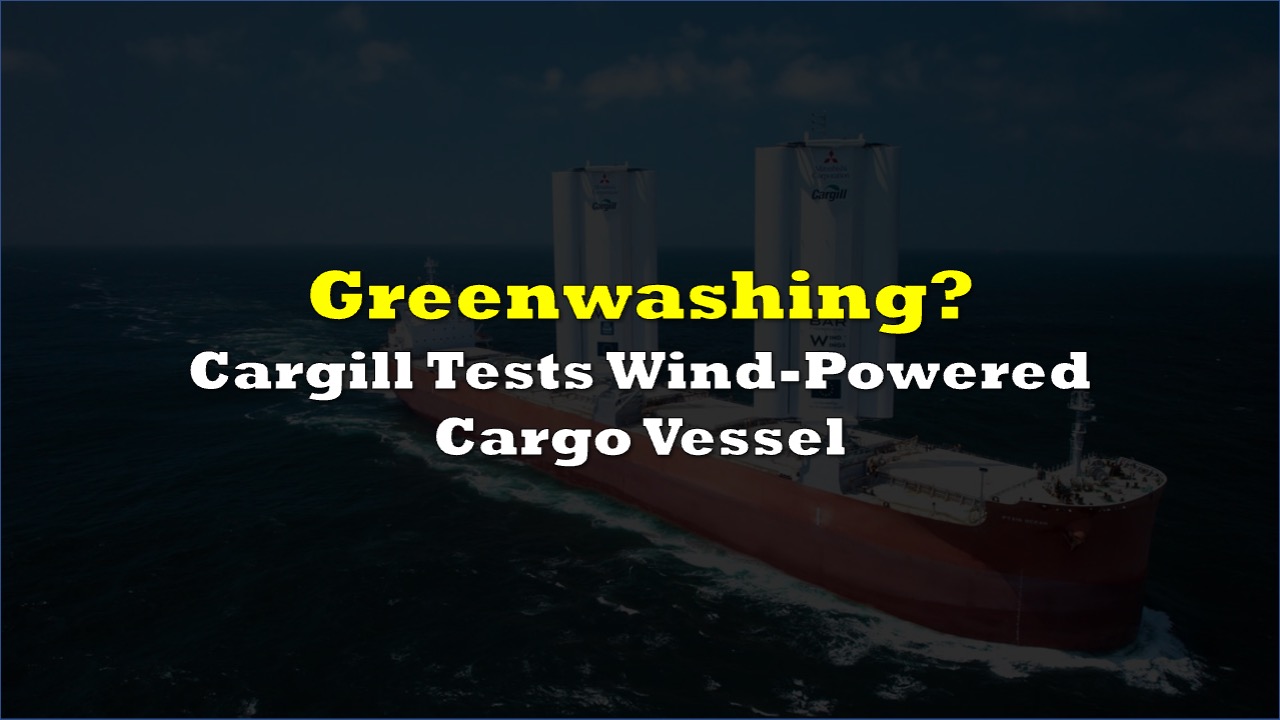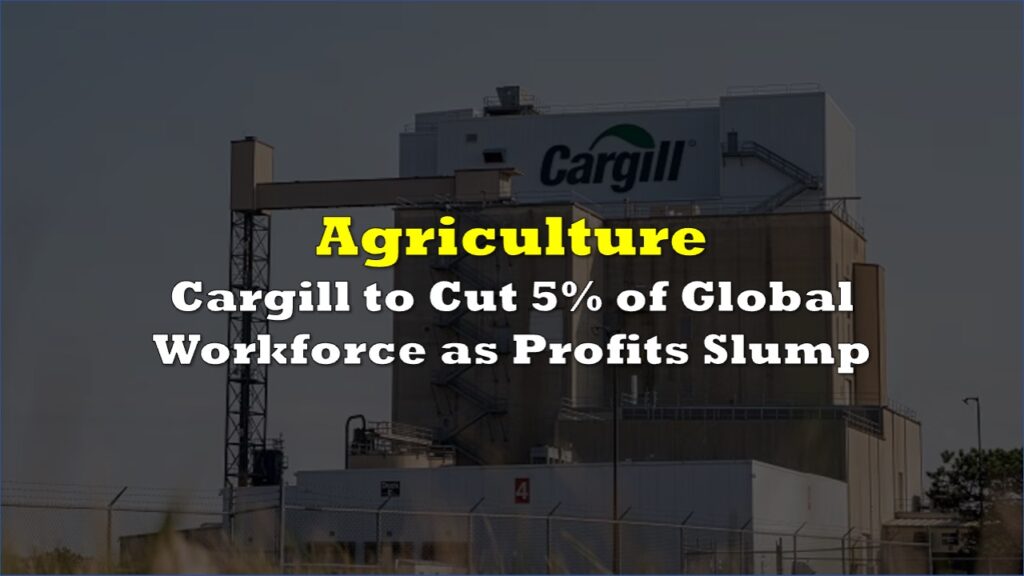The world’s largest agricultural trader, Cargill Inc., has retrofitted one of its bulk carriers with two massive steel sails. The sails, called WindWings, are designed to reduce the ship’s fuel use by roughly a fifth.
The ship, the Pyxis Ocean, is an 80,000-ton vessel that just completed her maiden voyage between Shanghai and Singapore. The installation of the WindWings, each 37.5 meters (123 feet) high, took place at a Cosco shipyard in Shanghai.
Designed by BAR Technologies and produced by Yara Marine Technologies, they say the WindWings can save the ship about 1.5 tons of oil-derived fuel per day. And with these sails, the Pyxis Ocean can save about 1,095 tons of fuel a year, almost 20% of what a Kamsarmax ship typically annually consumes.
The shipping industry is a major polluter, emitting about 3% of global greenhouse gas emissions. The International Maritime Organization, the industry’s global regulator, has set a goal of reducing emissions by 50% by 2050.
Wind-assisted propulsion is one of a number of technologies that the shipping industry is exploring to reduce emissions. Other technologies include using alternative fuels, such as biofuels and hydrogen, and improving the efficiency of ships’ engines.
The installation of the WindWings on the Pyxis Ocean is a significant step forward for the use of wind power in shipping. It is the first time that a large commercial vessel has been retrofitted with this technology.
If the trial on the Pyxis Ocean is successful, it could pave the way for the wider adoption of wind-assisted propulsion in the shipping industry.
Critics on social media have accused the country’s largest private company of greenwashing, pointing out that the math may not all make sense, considering the weight of the massive sails.
I assume these things are heavy…that probably puts a drag on delivery time, and creates excess fuel usage ..so I am thinking 1/5 fuel savings may be a bit of greenwashing ..I would like to see full numbers first
— Tracy (𝒞𝒽𝒾 ) (@chigrl) August 21, 2023
Some have also questioned the high cost of installing and maintaining the sails.
This is greenwashing. I am a ship designer. The energy this system requires when sailing against the wind + additional weight of the system + permanent ballast beats the savings. Not to mention it costs a fortune to buy, install and maintain it. Hard pass!
— anotherHuman 🇺🇦 TeslaQ (@An0th3r_Human) August 21, 2023
But Cargill is looking farther ahead. It is hoping to add sails to as many as 10 more vessels in the future.
“It’s going to make the new fuels a lot more affordable,” Jan Dieleman, president of Cargill’s ocean transportation business told Bloomberg. “Wind is there for free.”
Information for this story was found via Bloomberg, and the sources and companies mentioned. The author has no securities or affiliations related to the organizations discussed. Not a recommendation to buy or sell. Always do additional research and consult a professional before purchasing a security. The author holds no licenses.







Bitter Brew: Why Coffee Prices Are Hitting All-Time Highs
If your morning coffee run has felt a little more expensive lately, it’s not just...